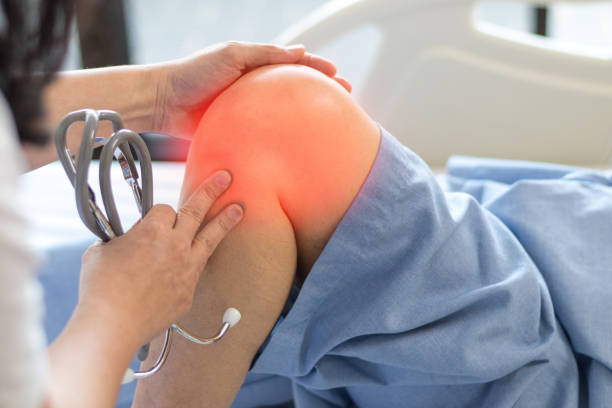
The Clinical and Scientific Impact of an Institutional ACL Registry: Luxembourgish Experience
09/06/2022
Mouton C. 1,2, Nührenbörger C. 1,2, Magosch A. 1, Hoffmann A. 1, Pape D. 1,2,3, Seil R. 1,2,3
1 - CENTRE HOSPITALIER DE LUXEMBOURG, Sports Clinic, Luxembourg, Luxembourg
2 - LUXEMBOURG INSTITUTE OF RESEARCH IN ORTHOPAEDICS, SPORTS MEDICINE AND SCIENCE, Luxembourg, Luxembourg
3 - LUXEMBOURG INSTITUTE OF HEALTH, Human Motion, Orthopaedics, Sports Medicine and Digital Methods, Luxembourg, Luxembourg
Summary
A standardized clinical pathway/registry for ACL injuries was developed in 2011 in our institution to monitor patient, injury and clinical profiles on a systematic basis regardless of operative or non-operative treatment. It was aimed from the very beginning for both patient care and research purposes.
The aim of this paper is to share the Luxemburgish experience of this in-house registry, from its organization to the results of its publications.
Our findings indicated that there was not only a big interindividual variability of physiological knee structures, but also of injury types, thereby showing that isolated ACL injuries were rare and that a personalized medicine approach of ACL injuries is required.
Our findings about individual patient profiles, structural soft-tissue damage such as meniscal injuries, as well as factors contributing to the potential decompensation of knee laxity over time are some of the major discoveries over the last decade. Other findings such as the periodicity of ACL injuries in organized team ball sports, the high variability of knee morphology, references to understand the course/progression of ACL reconstructed patients and movement analyses are also of great value to reach high quality in patient care and continuous innovation in knee surgery.
